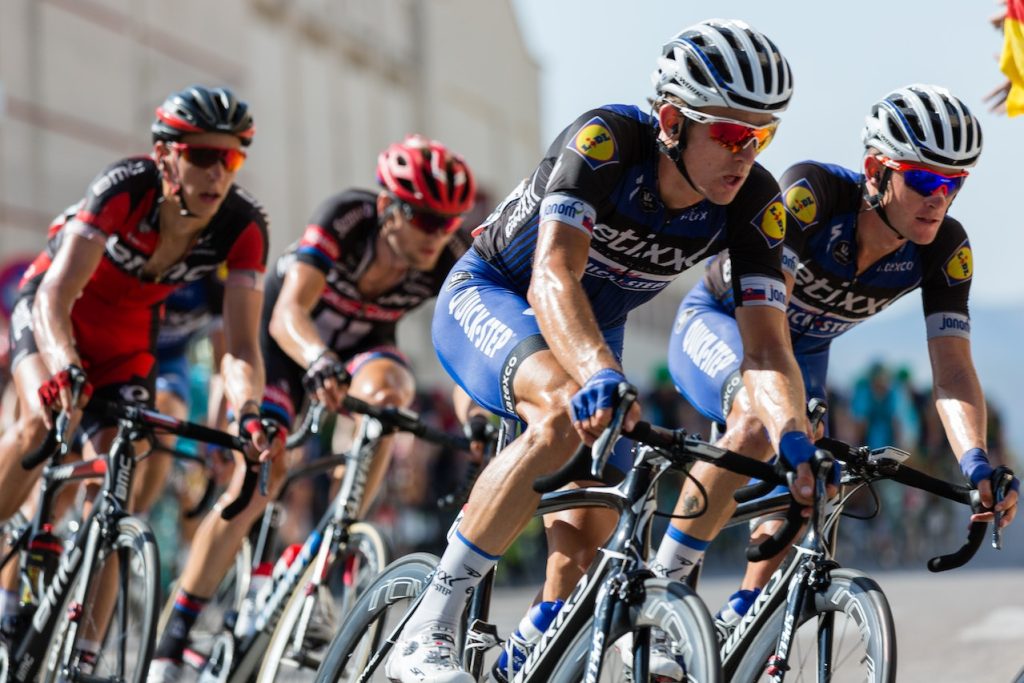Participating in college sports is an exciting and fulfilling experience for many student-athletes. However, maintaining eligibility to compete in college sports involves meeting specific academic requirements. This includes maintaining a minimum Grade Point Average (GPA). In this blog post, we will help you with understanding the GPA requirements for college sports eligibility. You will also see the importance of balancing academics and athletics, and tips for maintaining a strong academic performance while participating in college sports.
NCAA Eligibility Requirements
The National Collegiate Athletic Association (NCAA) governs college sports in the United States. And it has established academic eligibility requirements for student-athletes. These requirements vary depending on the division level (Division I, II, or III) and the student’s enrollment status (incoming freshman or continuing student).
Division I
Incoming freshmen must have a minimum 2.3 GPA in their core courses. They must also meet specific sliding scale requirements based on their SAT or ACT scores. Continuing Division I student-athletes must maintain a 2.0 GPA and make satisfactory progress toward their degree requirements.
Division II
Incoming freshmen must have a minimum 2.2 GPA in their core courses. They must also meet specific sliding scale requirements based on their SAT or ACT scores. Continuing Division II student-athletes must maintain a 2.0 GPA and make satisfactory progress toward their degree requirements.
Division III
GPA requirements for Division III student-athletes are determined by the individual institution. However, student-athletes must still make satisfactory progress toward their degree requirements.

NAIA and NJCAA Eligibility Requirements
The National Association of Intercollegiate Athletics (NAIA) and the National Junior College Athletic Association (NJCAA) are other governing bodies for college sports in the United States. They have their own set of academic eligibility requirements. Understanding the GPA requirements for college sports eligibility set by these bodies will help with your college admission process.
NAIA
Incoming freshmen must have a minimum 2.0 GPA in their high school coursework and meet specific standardized test score requirements. Continuing NAIA student-athletes must maintain a 2.0 GPA and make satisfactory progress toward their degree requirements.
NJCAA
GPA requirements for NJCAA student-athletes vary depending on the division level (Division I, II, or III) and the student’s enrollment status. Generally, student-athletes must maintain a 2.0 GPA and make satisfactory progress toward their degree requirements.
Balancing Academics and Athletics
Maintaining a strong academic performance while participating in college sports can be challenging. Time management, organization, and effective communication with professors and coaches are crucial for student-athletes to succeed both in the classroom and on the field. Student-athletes should prioritize their academic responsibilities. They should also develop a consistent study routine, and utilize academic resources, such as tutoring and academic advising, offered by their college or university.
Tips for Maintaining a Strong GPA as a Student-Athlete
Maintaining a strong GPA is essential for college sports eligibility and future academic and career success. Here are some tips for student-athletes to maintain a strong GPA:
Develop time management skills
Create a weekly schedule that includes time for classes, practices, games, studying, and relaxation. Stick to this schedule to ensure you allocate adequate time to both academics and athletics.
Stay organized
Use a planner or digital calendar to keep track of assignments, exams, practices, and games. Staying organized will help you manage your workload effectively and avoid last-minute cramming or missed deadlines.
READ Overcoming Academic Burnout to protect your GPA
Utilize campus resources
Take advantage of academic support services offered by your college or university, such as tutoring, academic advising, and study groups.
Communicate with professors and coaches
Keep open lines of communication with your professors and coaches. Inform them of any schedule conflicts or challenges you may be facing and seek their guidance and support.
Prioritize self-care
Ensure you get enough sleep, eat a balanced diet, and engage in stress-relief activities to maintain your physical and mental well-being. Taking care of yourself is essential for both academic and athletic success.
Surround yourself with a supportive network
Surround yourself with fellow student-athletes, friends, and family who understand the challenges of balancing academics and athletics. They can provide encouragement, advice, and camaraderie during your college sports journey.
Importance of Academics Beyond College Sports
While participating in college sports can offer numerous benefits, including the development of leadership, teamwork, and discipline, it’s crucial to remember the importance of academics beyond college sports. A strong academic performance can lead to scholarships, internships, and job opportunities, setting the foundation for a successful career after college. Additionally, only a small percentage of college athletes go on to pursue professional sports careers, making it even more critical for student-athletes to prioritize their education and prepare for life after college sports.
Conclusion
Understanding the GPA requirements for college sports eligibility and meeting them is essential for student-athletes who wish to participate in collegiate athletics. Balancing academics and athletics can be challenging, but with effective time management, organization, and support, student-athletes can maintain a strong GPA and enjoy a successful college sports experience. By prioritizing academics and utilizing campus resources, student-athletes can set themselves up for success both on the field and in the classroom, ensuring they are well-prepared for their future endeavors.


